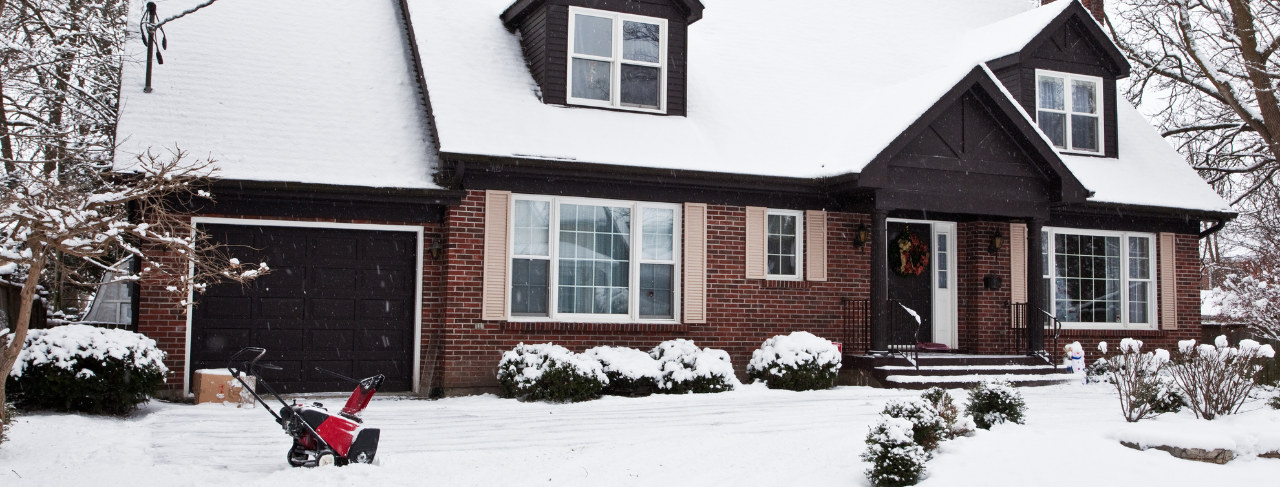
Can You Paint an Exterior Surface In Winter?
Posted on February 28, 2022
In a word, yes. There are actually a few ways to successfully paint in cold weather, however, greater attention should be given to the conditions in wintertime, such as low humidity and air temperature. In some versions, additives are added to the paint to allow it to dry in cold temperatures. Today we will discuss the common cold weather painting options, and how the pros tend to approach painting in cold weather.
Timing Is Important
If an exterior painting project must be done in cold weather, it is a smart idea to determine how long the project will take. Depending on the geographical region, wintertime high temperatures can make painting possible. Most pros will generally begin the process when they will have at least four hours of temperatures above 50 degrees fahrenheit. Professionals have also been known to employ heat guns and hairdryers to warm a surface prior to painting.
Choose the Correct Paint
Choosing a cold weather paint will make painting in cold weather easier. Cold weather paints include polymers that allow the water in paint to evaporate in colder temperatures. With many paints, the paint should be allowed to slowly cure over a few days for maximum strength. Some cold weather paints allow the process to continue as long as the ambient temperature does not fall below 35 degrees.
Air Is Drier In Winter
One advantage to wintertime exterior painting is the lower humidity. Ideally, paint is applied to dry, warm surfaces which draw the moisture from the paint. In warm, humid months exterior paint can struggle to cure because the relative humidity keeps the surface too moist. In summertime, even if the temperatures are ideal, often the humidity prevents painting.
In winter however, the ambient air is generally drier, speeding up the curing process. Depending on the region, warm spells are common in winter. Painting during these periods is recommended, depending on the size of the job. As an added measure, many professionals will also use heated water to thin the paint (if it can be thinned) before spraying, as it also speeds up the curing process.





